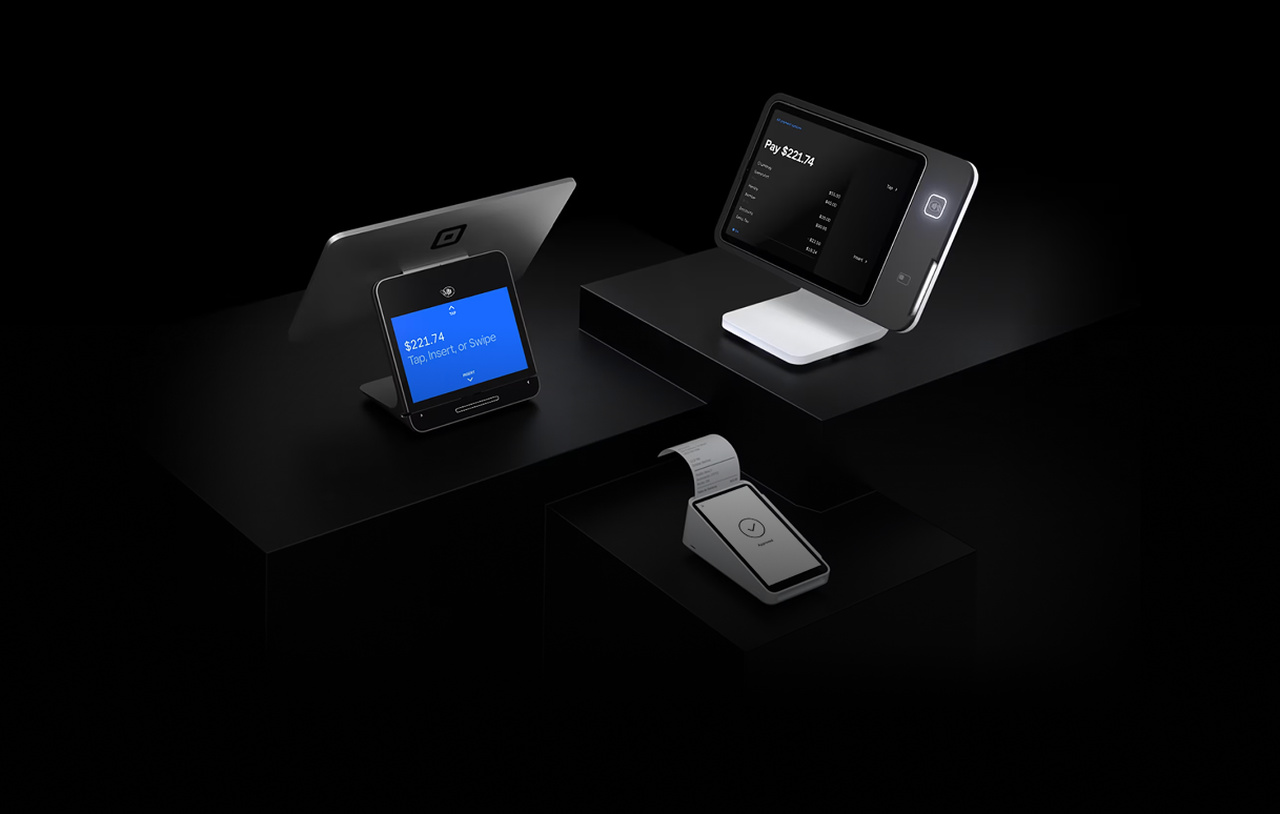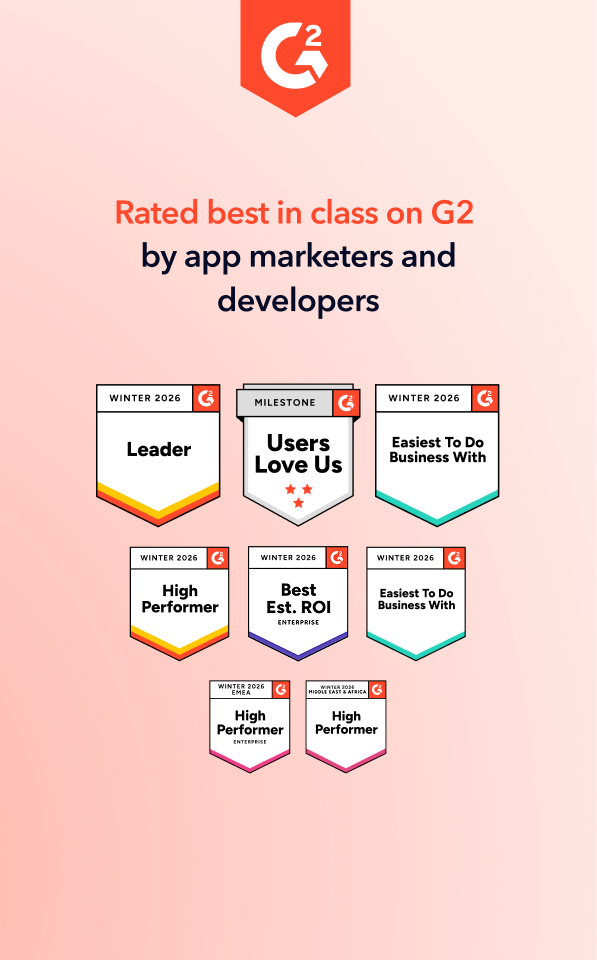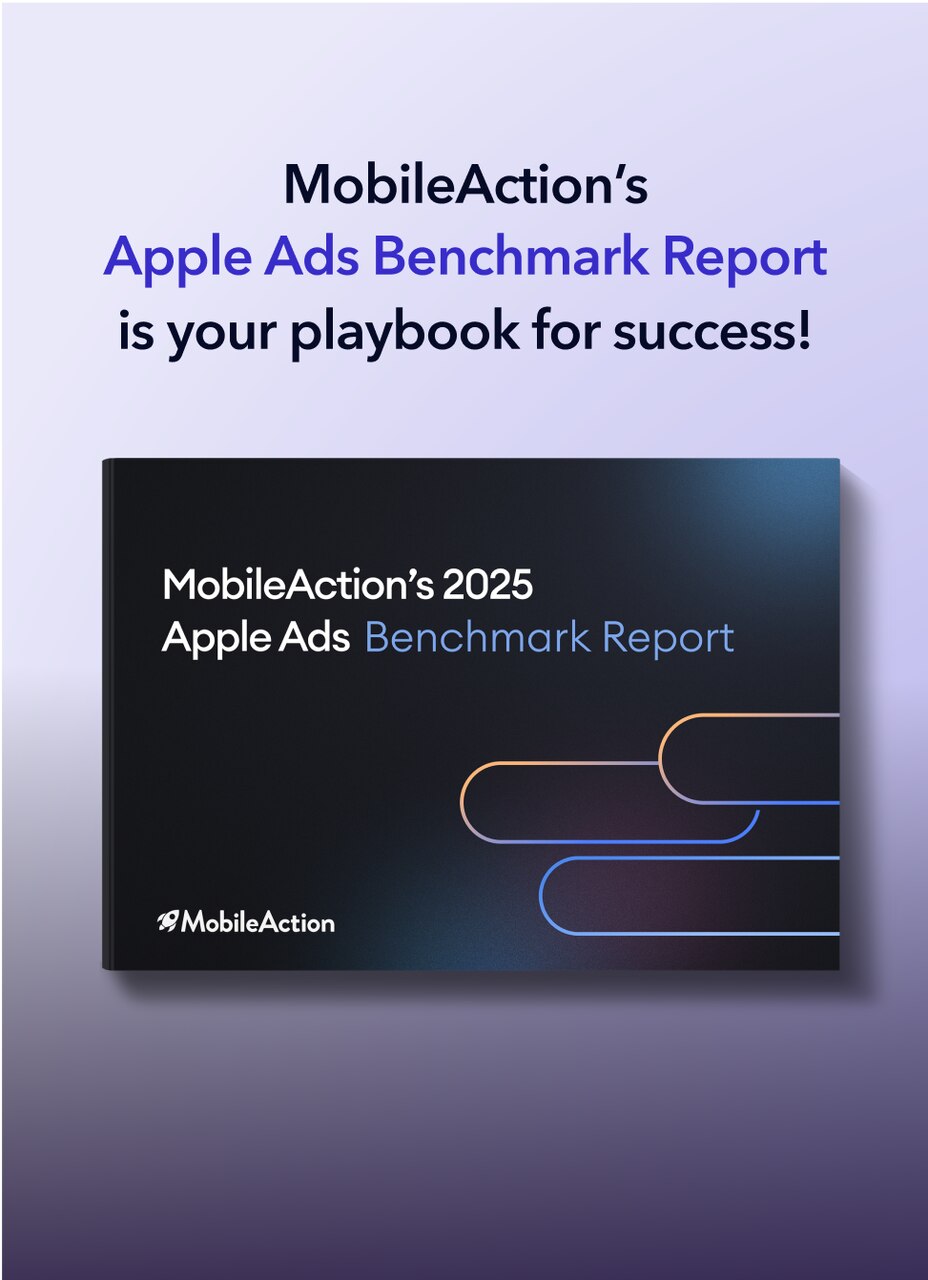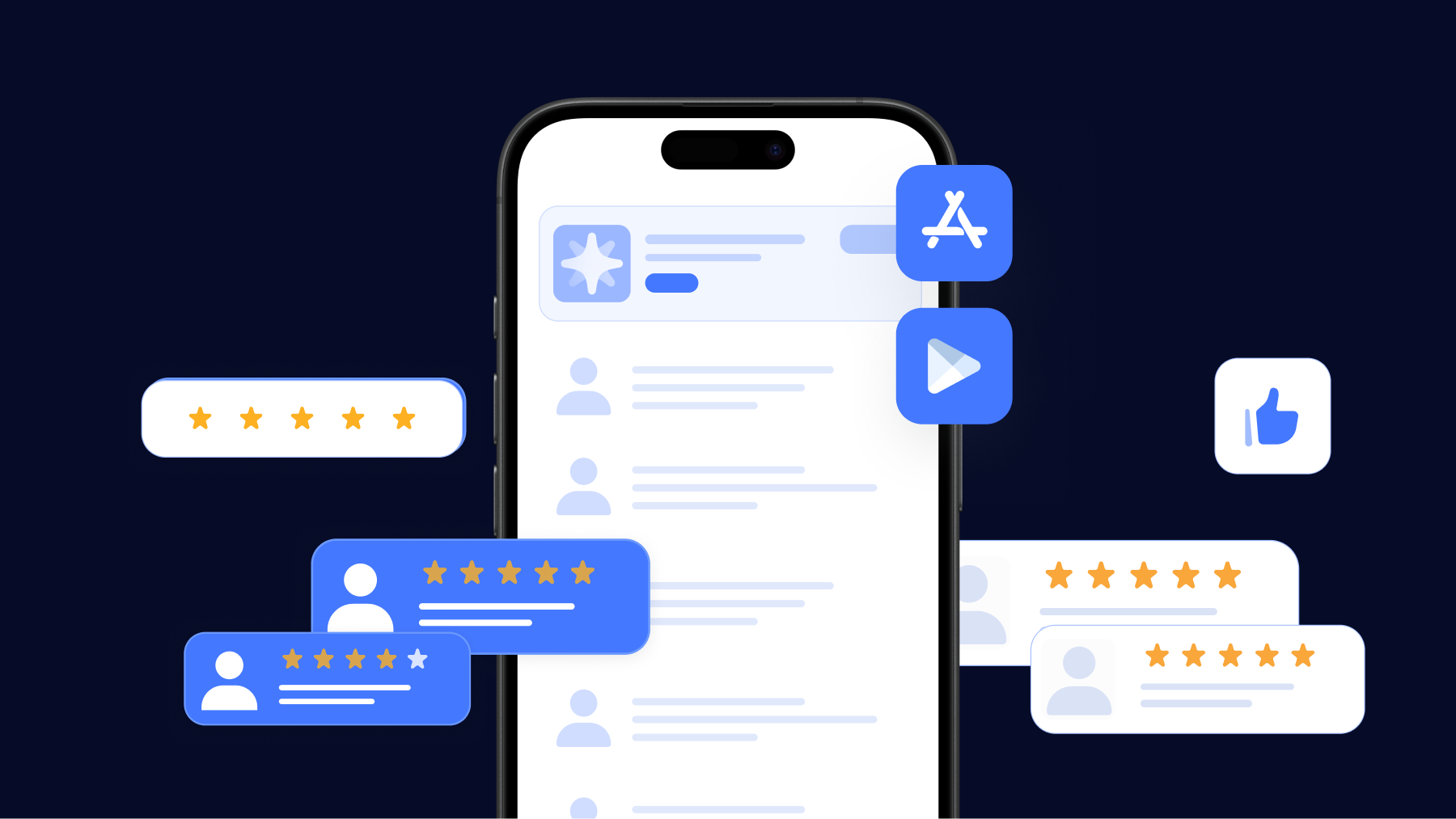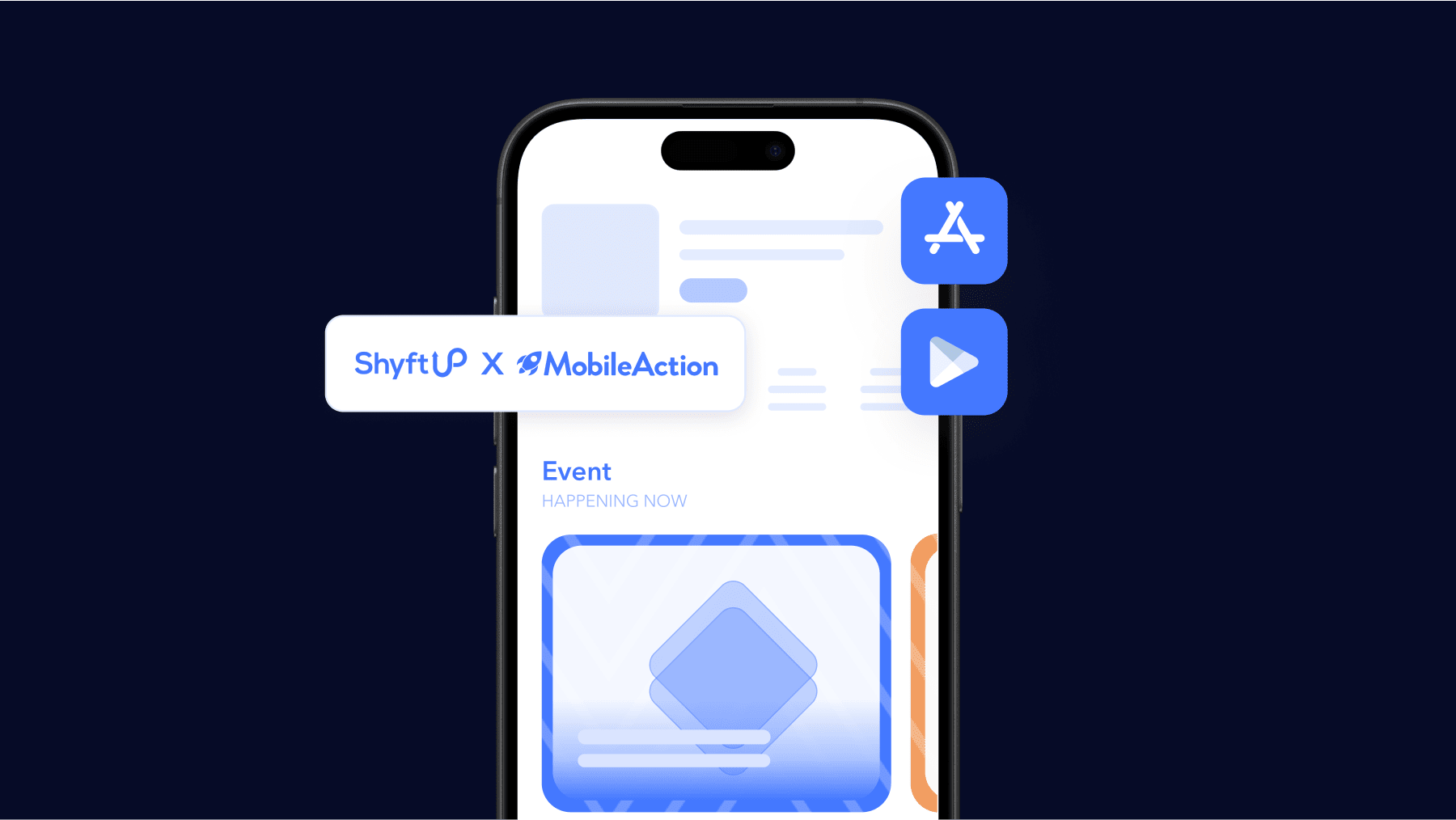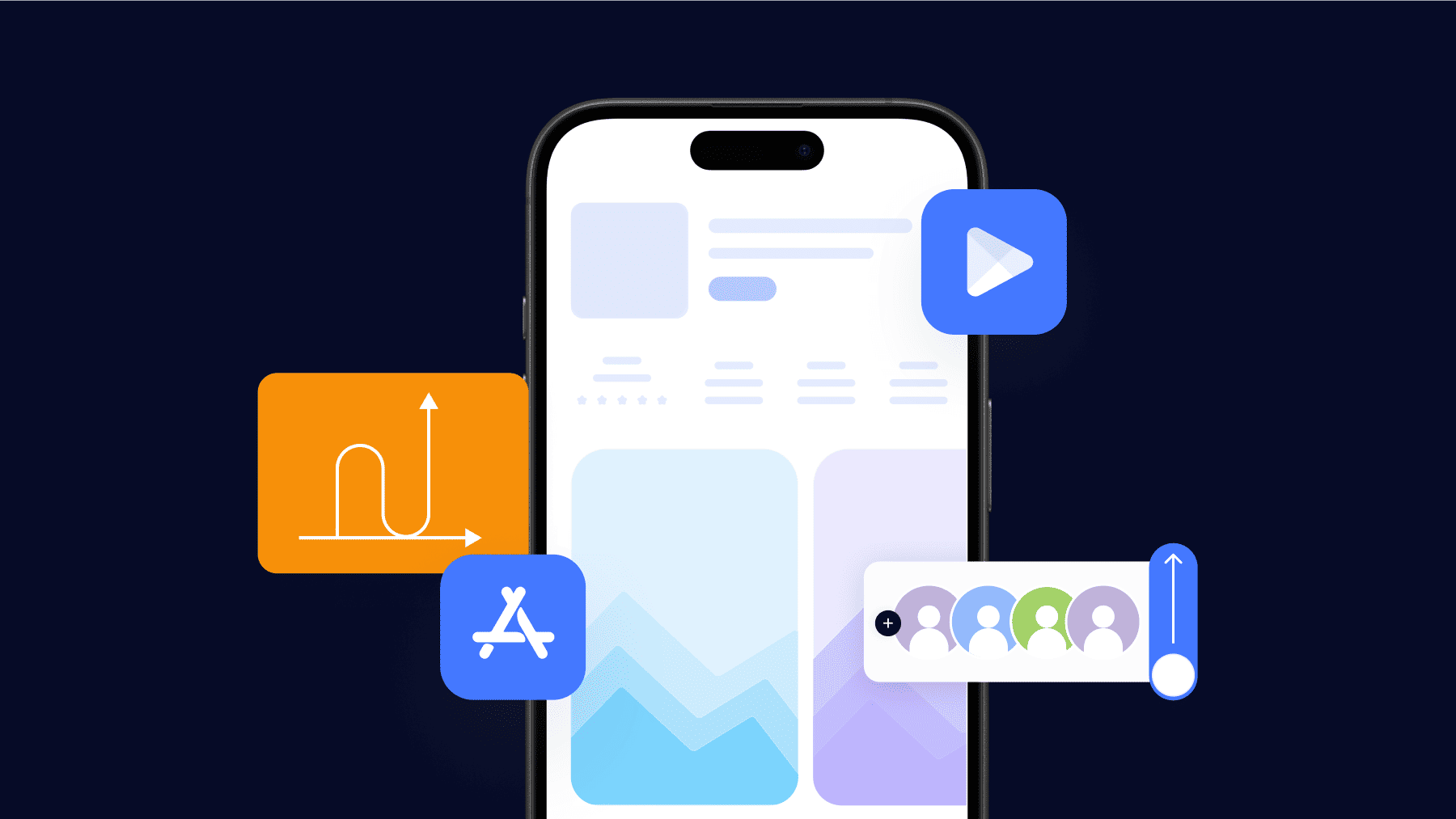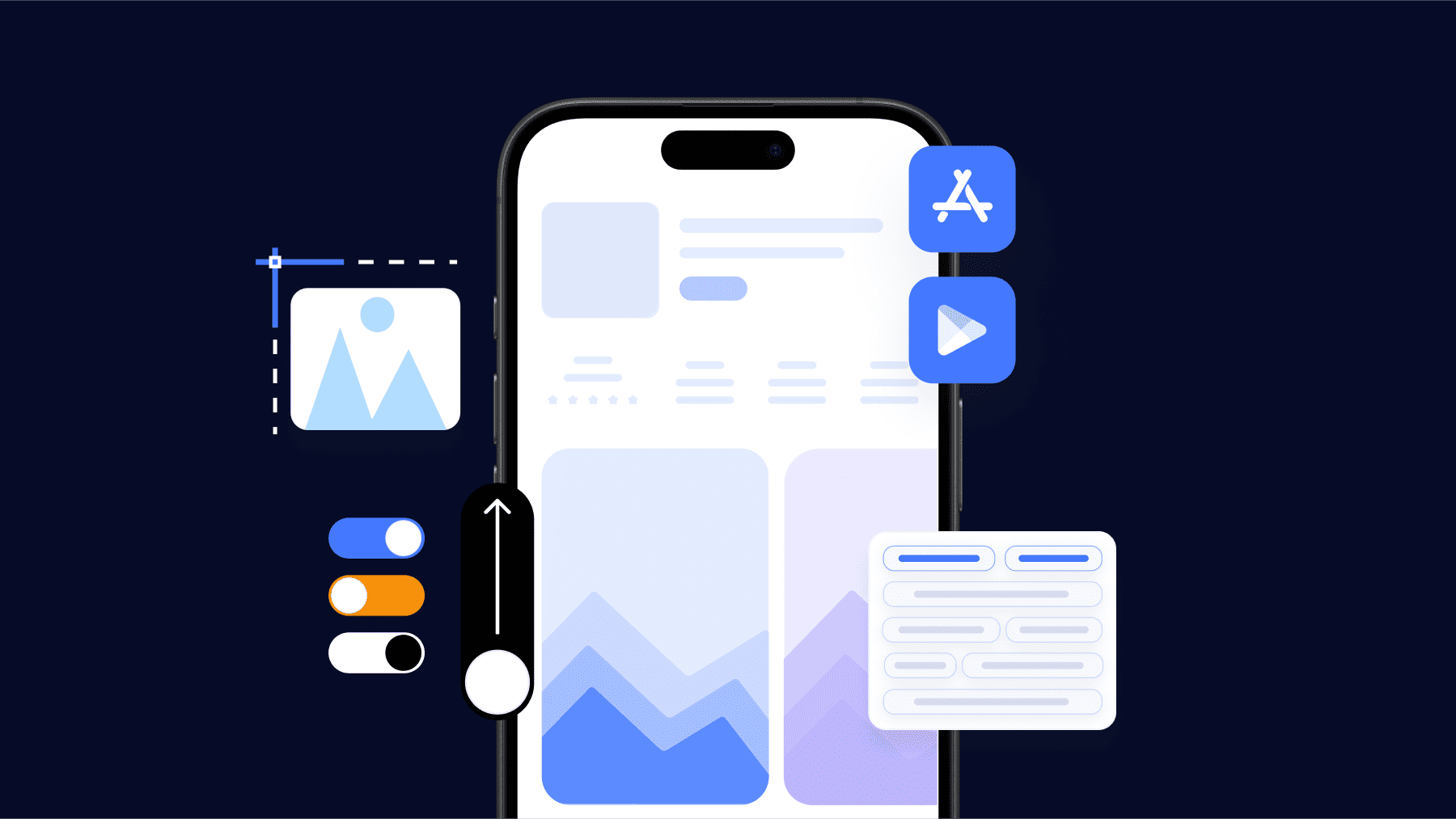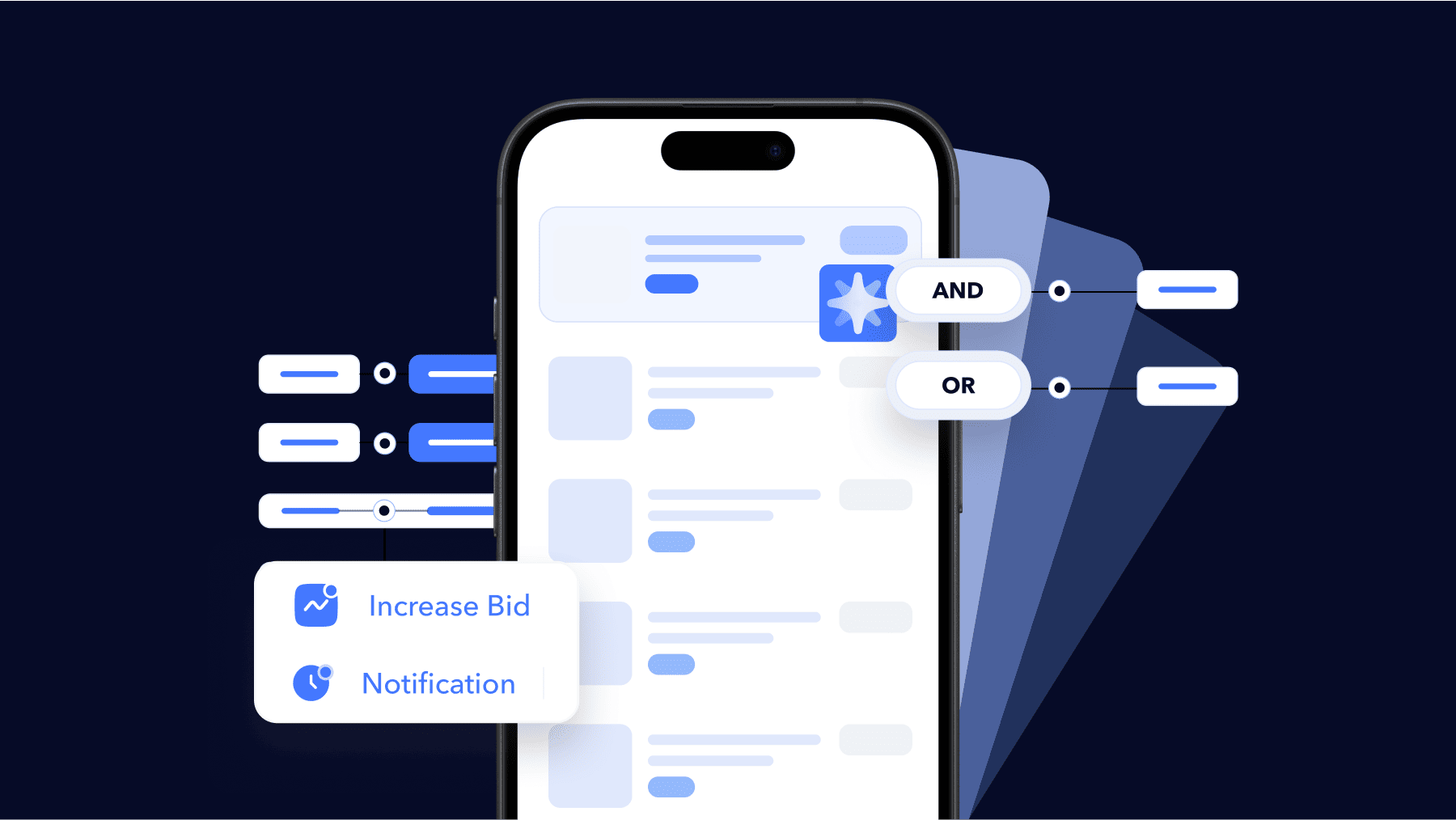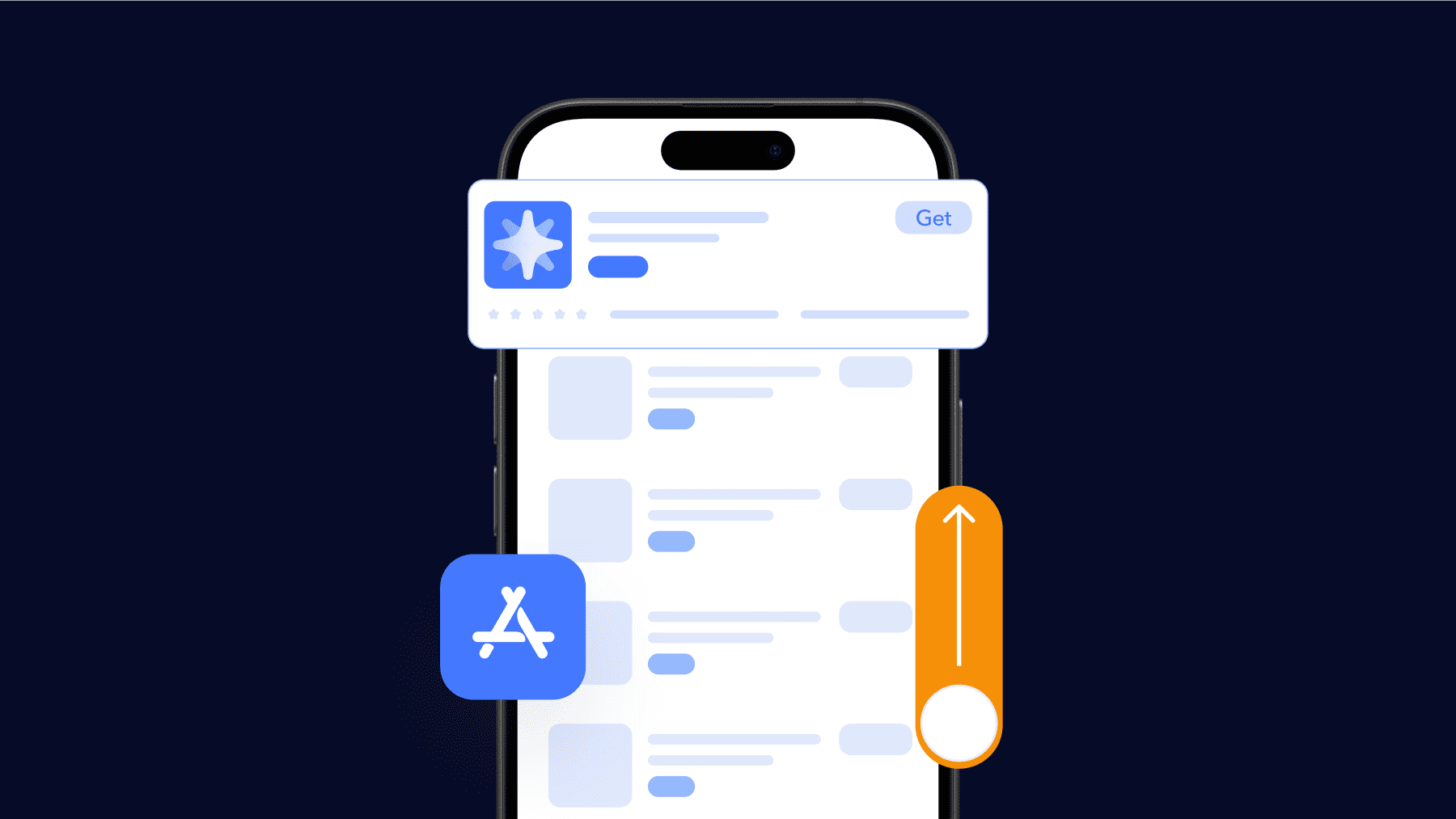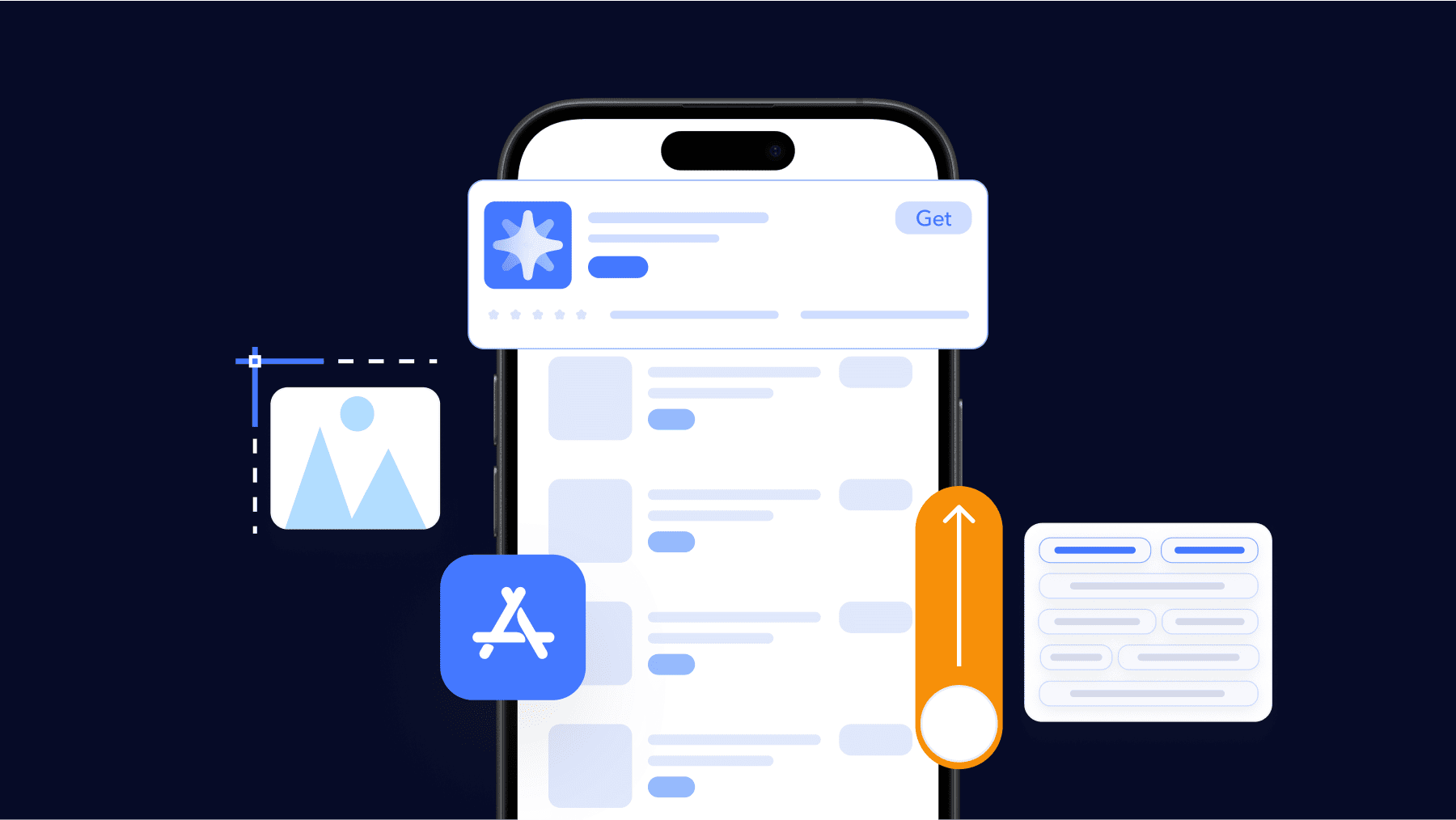This handbook will serve as your roadmap, packed with emerging trends, valuable insights, and the best ASO tools & resources. It aims to help you stay ahead of the competition and enhance your app marketing strategy for substantial growth in 2025 and beyond.
Every app gets reviews, but not every team manages them well.
Some treat them as noise, others as damage control. The truth is, reviews are your most direct source of user insight and one of the strongest signals for app performance. It affects ratings, retention, and even your visibility on the App Store and Google Play Store.
Each review can reveal what users love, what frustrates them, and what keeps them coming back and responding well is part art, part strategy. There are nuances to keep in mind, such as prioritizing the right reviews, maintaining a consistent tone, and understanding when a reply can make a real difference.
Learning how to respond to app store reviews and doing it systematically gives you the control to protect your brand image and guide your app’s growth while staying responsive to what users actually say.
In this guide, we’ll cover what app review management is, why it matters for your app’s success, and how to manage and respond to reviews in an easier way. By the end, you’ll know how to react faster, maintain your brand voice, and turn feedback into an advantage for your app’s growth.
What is app review management, and why does it matter?
App review management is the ongoing process of monitoring, analyzing, and responding to the feedback your users share on the App Store and Google Play Store.
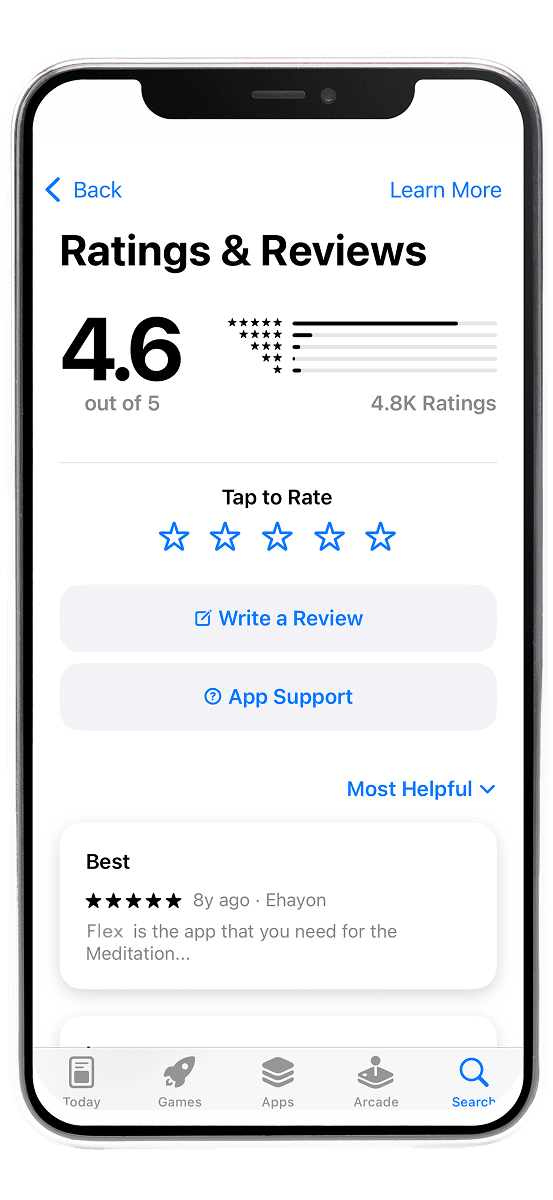
Don’t think of it only as customer support; it’s an extension of your App Store Optimization (ASO) strategy. When you understand how to respond to app store reviews, your replies become a vital part of App Store Optimization, helping you influence both user sentiment and search visibility.
Here’s why it matters:
- Ratings directly impact installs. A small difference in average rating can significantly affect conversion rates. Apps with higher ratings are perceived as more trustworthy and attract more organic installs.
- Replies influence visibility. Both the App Store and Google Play Store use engagement and user satisfaction as ranking signals. Consistent, relevant replies can indirectly improve your app’s position in search results.
- Faster replies improve retention. When users see that their issues are acknowledged and resolved, they’re more likely to update their reviews, often changing a 1-star to a 4- or 5-star rating.
- Reviews are built-in feedback and insight loops. They highlight recurring bugs, UX challenges, and feature requests before data dashboards do. They can also inspire ideas for your next custom product page or custom store listing, helping you craft messaging and visuals that reflect what users actually value or mention in their feedback, for both organic and paid.
- Consistency builds trust. Replying regularly shows that your team listens, values input, and maintains an active presence, all of which shape how new users perceive your brand.
And there’s one more reason it’s becoming even more important for apps on the App Store. During WWDC25, Apple announced that the App Store will soon include short (100–300 character) AI-generated review summaries, highlighting the main themes and sentiments from recent user reviews. These summaries will appear on your product page, offering users an instant snapshot of your app’s reputation.
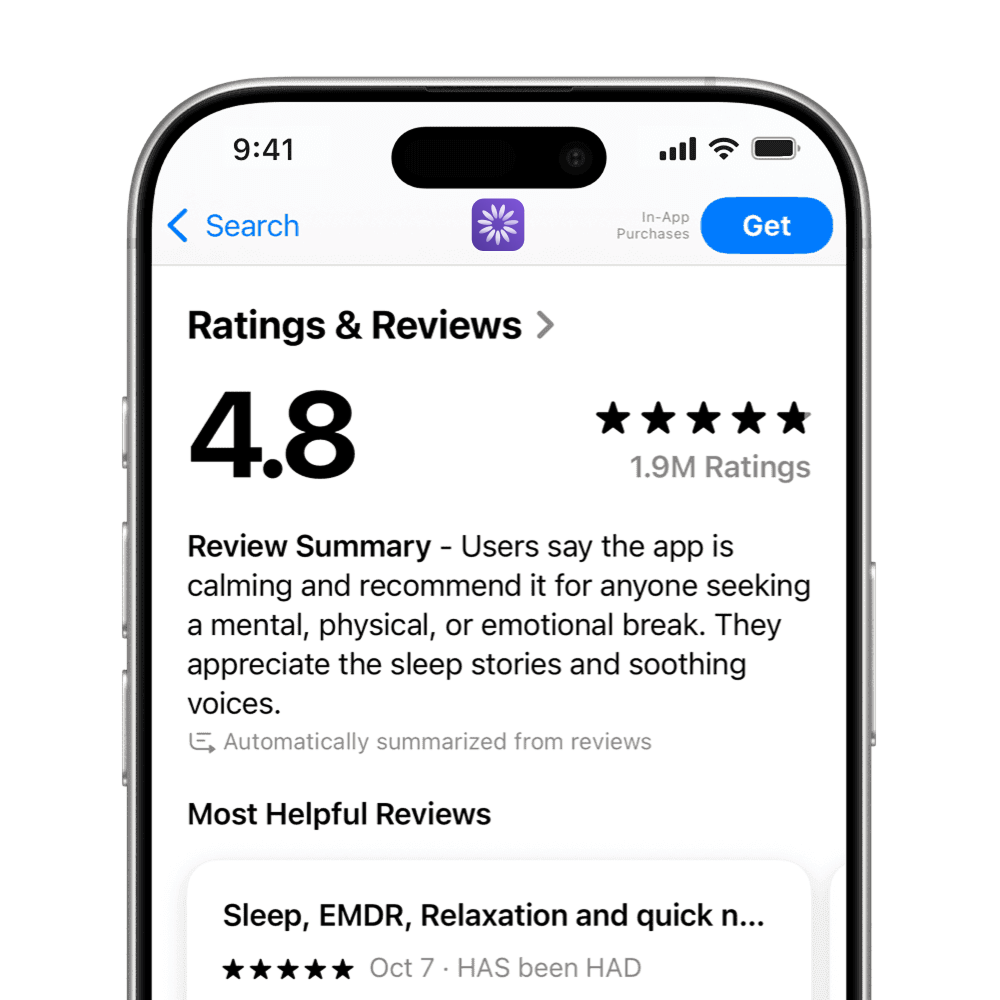
For user acquisition teams and developers, this means that review quality now plays a defining role in first impressions. The update will make it easier to catch issues and analyze sentiment faster, but it also leaves no room to neglect review management.
In a nutshell, consistent, thoughtful replies can and will influence undecided users browsing your listing just as much as ad creatives, custom product pages or screenshots.
Pro tip: Think of every review as a micro-conversation with your audience and encourage dialogue. The way you respond can turn a frustrated user into a loyal one, or a happy user into an advocate.
How to respond to app store reviews
Both the App Store and Google Play Store allow you to respond directly to user reviews. Here’s how you can do it on each platform to keep your communication consistent and professional.
How to reply to reviews on the App Store
The steps below explain how to respond to app store reviews directly through App Store Connect so you can maintain visibility and communication with your users.
- Go to App Store Connect > My Apps > [Your App] > Ratings and Reviews.
- Find the review you want to respond to and select Reply.
- Write your message, which acknowledges the user’s feedback. Keep it short, sincere, and on-topic and submit your reply. It will appear publicly under the user’s review.
To learn more about how to use App Store Connect, you can check out our article.
How to reply to Google Play Store reviews
Here’s how to respond to app store reviews on the Google Play Store so you can keep consistent communication across all markets.
- Go to Google Play Console > User Feedback > Reviews.
- Use filters to sort by rating, country, or version. Prioritize recent reviews, especially those mentioning new updates.
- Click Reply and write a concise message in a neutral, respectful tone and publish the reply. Users may update their rating or comment once they see the issue addressed.
Best practices for responding to app store reviews
Not all reviews are equal, and neither should the replies be. One thing we can’t emphasize enough is that the way you respond can turn a poor rating into a positive one or a satisfied user into a brand advocate.
To give you an understanding of how to respond to app store reviews, we gathered some of the best practices to keep in mind when managing reviews on the App Store and Google Play Store:
Reply to recent negative reviews first
Users and algorithms both pay attention to what’s recent. Prioritize 1- and 2-star reviews from the past few weeks to protect your app’s public image and signal responsiveness to store algorithms.
From a visibility standpoint, both the App Store and Google Play Store favor apps that demonstrate engagement. Consistent replies to new reviews can indirectly strengthen your ranking signals.
You may be thinking, “How do I respond to a negative review?”. When you respond, start with empathy (“We’re sorry to hear this”) and end with a clear next step or reassurance that the issue has been shared with your team. Timely, transparent replies are your best opportunity to turn frustration into trust.
Be concise and human, but always stay professional
When thinking about how to respond to app store reviews, remember that sincerity often matters more than length; users want acknowledgement, not essays. Focus on understanding the user’s experience, thanking them for their feedback, and, if possible, pointing to a next step or improvement. Avoid overexplaining or debating the user’s claims. Even if the feedback seems unfair, arguing in public can damage credibility and discourage others from engaging. Instead, keep the tone calm and respectful. A simple “We’re sorry you had this experience, and we’ve shared your feedback with our team” communicates care and responsibility without escalating tension.
The goal is not to prove your point, but to show that your team listens, values feedback, and responds thoughtfully every time.
Pro tip: If you’re unsure how to phrase your reply, MobileAction’s AI Review Reply can help you draft messages that sound natural, empathetic, and on-brand, so you don’t have to spend time figuring out what to say or worry about the tone. You can always review and edit before publishing to make it your own.

Give contextual replies
Using the same response across multiple reviews can make your app seem inattentive, or worse, automated. Users notice patterns, and if every reply looks identical, it signals that your team isn’t truly reading their feedback.
Templates and AI-generated drafts are helpful starting points, but they should never be published as-is. Add a personal touch: mention the feature the user referred to, acknowledge their specific concern, or adapt your wording to the tone of their message. These small edits turn a standard reply into a genuine one.
With MobileAction’s AI Review Reply, you can generate replies that already match your app’s tone and context, so you’re not starting from a blank page. It saves time while keeping every message authentic and unique.
Use reviews as insight, not just feedback
Every review is valuable, whether it’s praise or criticism. Negative reviews highlight what needs improvement, while positive ones show what users appreciate most about your app. Both should inform your next steps.
Track recurring topics such as crashes, subscription issues, or usability concerns, and share them regularly with your product or QA team. These patterns act as early warning signs that can guide future updates and improve your overall user experience.
At the same time, make it a habit to thank every user who leaves a positive review. Simple messages of appreciation reinforce loyalty and remind satisfied users that their feedback matters just as much as complaints. Genuine gratitude turns happy users into long-term advocates for your app.
Respond across all countries and languages
If your app serves users in multiple regions, replying in the same language as the review makes a big difference. It shows that you value every user equally and care about their experience, not just the markets where your team operates.
Localized replies create a sense of trust and authenticity. Even a short, translated response signals respect and attention; users notice when you take the extra step to meet them in their own language. This also strengthens your app’s perception in local storefronts, where engagement and satisfaction contribute to long-term visibility.
Acknowledge updates and improvements
When a user takes the time to update their review after an issue has been resolved, it’s a sign that your responsiveness made a difference. A simple “thank you for updating your review” goes a long way in showing that your team not only listens but also follows through.
Publicly acknowledging updated reviews reinforces transparency and builds long-term trust. It also signals to new users browsing your app’s page that your team actively addresses concerns and delivers improvements based on feedback.
Pro tip: Set aside time weekly to review new feedback and check for recurring issues. Making review management a regular habit helps prevent backlog and keeps user satisfaction steady.
Common challenges in review management
Many teams underestimate building a strategy for how to respond to app store reviews. Replying to reviews might sound simple, but at scale, it becomes one of the most demanding parts of app management.
Here are the most common challenges teams encounter, and what to watch out for as your review volume grows.
1. High review volume and manual effort
Popular apps can receive hundreds of reviews a day across multiple storefronts. Sorting, prioritizing, and replying quickly can be difficult without a clear process or assigned ownership.
2. Multiple languages and regions
Global apps often receive reviews in many languages. Crafting accurate, culturally appropriate replies requires additional coordination and time, especially when translation tools don’t capture tone correctly.
3. Inconsistent tone and messaging
Different team members replying without shared guidelines can lead to inconsistent tone or duplicated responses. This inconsistency can make your brand sound disjointed.
4. Delayed responses
Waiting too long to reply can make users feel ignored and can reduce the chance of rating recovery. Timely engagement matters, especially after major updates or bug fixes.
5. Repetitive issues
Certain problems or questions come up repeatedly in reviews, for example, about pricing, login, or subscription issues. Without categorization or keyword tracking, these trends can go unnoticed and unaddressed in the product roadmap.
6. Limited visibility across stores
Managing reviews separately in App Store Connect and Google Play Console can make it hard to get a complete picture of user sentiment or to align insights with ASO and marketing performance.
A tool that simplifies the process with AI reply to app store reviews
As feedback grows across countries, languages, and app versions, keeping replies consistent and on time becomes a full-time job. That’s where you can benefit from AI. Luckily, MobileAction’s AI Review Reply tool can handle the busywork for you.

This tool is designed to help teams manage large volumes of reviews while maintaining a natural, human tone. Instead of switching between dashboards or drafting every message from scratch, you can view, filter, and reply to all reviews from one workspace.
Here’s how it helps:
- Monitor and respond to both App Store and Google Play Store reviews in one place.
- Sort reviews by country, rating, date, response state or keyword to quickly identify issues that need attention.
- Get context-aware, tone-matched replies in seconds. Choose a tone: professional, friendly, empathetic, apologetic, or grateful, and edit before posting to make each response personal.
- Automatically generate replies in the same language as the review and manage international feedback easily.
- Add your best responses as tone references. The tool learns from your phrasing and generates future replies in the same style to the review it’s paired with in the example addition section, keeping your communication consistent across all reviews.
You can start managing and replying to reviews directly in MobileAction’s dashboard. Head to App Intelligence > AI Review Reply to explore how the tool helps you organize, draft, and publish replies across both the App Store and Google Play Store.
What not to do in review management
We’ve covered what you should do while managing reviews; now, here’s what to avoid. Even small mistakes can make your replies sound robotic, defensive, or inconsistent.
1. Don’t argue with users
You won’t win the debate, and other users will notice. Stay calm, acknowledge feedback, and keep the focus on improvement rather than explanation.
2. Don’t copy-paste responses
Recycling the same reply makes your app look inattentive. Adjust every response slightly; even a small edit makes it feel authentic.
3. Don’t overpromise fixes
It’s better to say “We’re investigating this” than to commit to timelines you can’t control. Managing expectations maintains credibility.
4. Don’t ignore positive reviews
A quick thank-you goes a long way. It keeps satisfied users engaged and reminds others that your team values feedback of all kinds.
5. Don’t let reviews pile up
Replying once a month isn’t enough. Aim for a consistent rhythm, weekly at minimum, or daily for high-volume apps.
6. Don’t reply in the wrong tone
Even when using automation, always check tone before posting. Replies should sound helpful and human, not templated or overly formal.
7. Don’t forget to share insights internally
Reviews aren’t just about reputation. Pass key feedback to product and QA teams; it’s one of the most direct ways to spot recurring issues early.
Conclusion
Your users tell you exactly what’s working, what isn’t, and what they want next. Responding consistently and thoughtfully builds more than goodwill; it strengthens your app’s growth. Knowing how to respond to app store reviews the right way ensures that every message you post reinforces trust and satisfaction.
With AI Review Reply on MobileAction, you can manage every part of the process: monitoring feedback, replying at scale, and turning insights into actions that move your app forward. Every reply counts. The way you communicate today defines how users will view your app tomorrow. Log in to the MobileAction platform now to discover all you can do.
Frequently Asked Questions
1. Can I reply to reviews from both the App Store and Google Play Store in one place?
Yes. Managing everything from one workspace helps you practice how to respond to app store reviews more consistently across platforms. You can manage and reply to all reviews from both stores directly in MobileAction’s AI Review Reply. Just integrate your App Store Connect or Google Play Console, and all your apps will appear automatically on the interface.
2. Will AI generate an auto reply to app reviews?
No. You have full control. While AI Review Reply automates draft creation, it does not generate an auto reply to App Store reviews; you can always review before publishing.
3. Can I choose the tone of AI replies to app reviews?
Yes. You can select from tones such as friendly, apologetic, or professional, and the tool will suggest replies that match your brand voice.
4. How often should I reply to reviews?
Check reviews at least once a week. High-volume apps should be reviewed daily to maintain consistent engagement and prevent backlog.
5. Should I reply to old reviews?
Yes. While not the best case scenario, even late replies show that your team cares and continues to monitor user feedback. Many users update their rating after a follow-up reply.
6. Can AI Review Reply by MobileAction handle reviews in multiple languages?
Yes. The tool automatically detects the language of each review and generates a draft in the same language, helping you communicate easily with users around the world.
7. What’s the best way to measure the impact of my replies?
Track changes in average rating, sentiment, and updated reviews over time. Consistent reply activity often correlates with better retention and conversion performance.
This handbook will serve as your roadmap, packed with emerging trends, valuable insights, and the best ASO tools & resources. It aims to help you stay ahead of the competition and enhance your app marketing strategy for substantial growth in 2025 and beyond.


